All In a Word
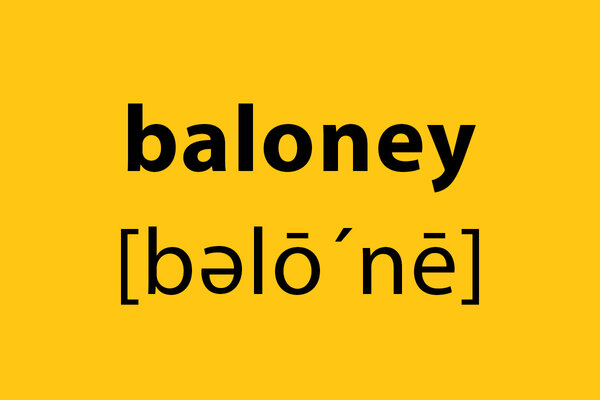 Flappers said ‘baloney!’ to the idea that slang was for menHave you heard the phrases the cat’s pajamas or the bee’s knees? Flappers, bent on enjoying social freedoms obtained by suffragists, coined them both.
Flappers said ‘baloney!’ to the idea that slang was for menHave you heard the phrases the cat’s pajamas or the bee’s knees? Flappers, bent on enjoying social freedoms obtained by suffragists, coined them both. Tips on how to become a ‘viz.’ whizThese abbreviations are “frequently confused even by the most conscientious writers,” according to Merriam-Webster. Here’s how to stop mixing them up.
Tips on how to become a ‘viz.’ whizThese abbreviations are “frequently confused even by the most conscientious writers,” according to Merriam-Webster. Here’s how to stop mixing them up.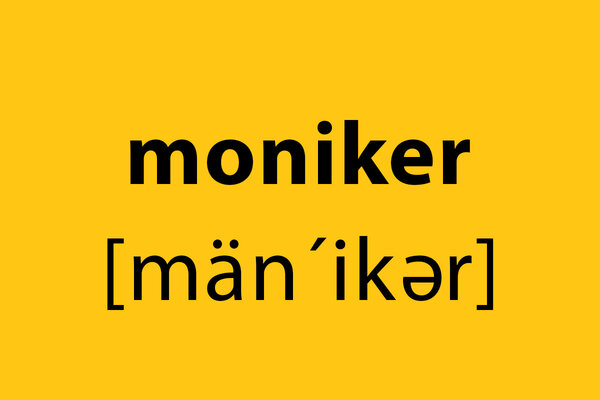 As language evolves, names changeThe football team in the U.S. capital recently gained a very literal name: Washington Football Team. It’s a placeholder for a more offensive moniker.
As language evolves, names changeThe football team in the U.S. capital recently gained a very literal name: Washington Football Team. It’s a placeholder for a more offensive moniker. The Mashpee Wampanoag Tribe reclaims its languageBy the beginning of the 20th century, there were no living fluent speakers of Wôpanâak. But today, a language program in Cape Cod is changing that.
The Mashpee Wampanoag Tribe reclaims its languageBy the beginning of the 20th century, there were no living fluent speakers of Wôpanâak. But today, a language program in Cape Cod is changing that.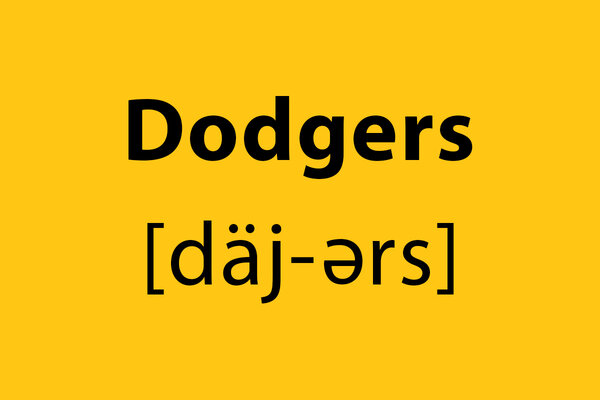 Go ... Nimrods? The odd origins of team names.Many people identify strongly with sports teams. What do the names of their favorites suggest about the teams, the games, and the faithful fans?
Go ... Nimrods? The odd origins of team names.Many people identify strongly with sports teams. What do the names of their favorites suggest about the teams, the games, and the faithful fans?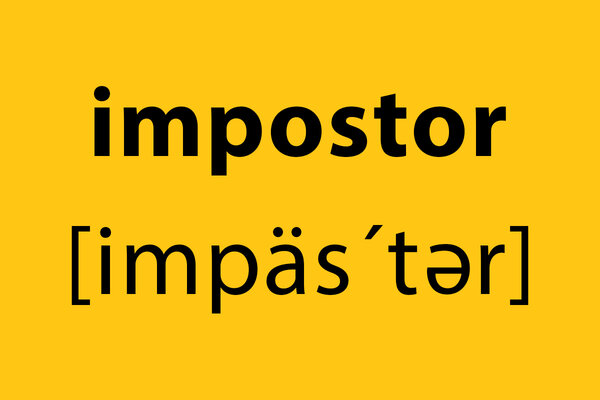 Almost everyone feels like an ‘impostor’ at timesIf a majority of us feel like frauds at least some of the time, is it really a “syndrome”? Or is it a normal, if uncomfortable, part of being human?
Almost everyone feels like an ‘impostor’ at timesIf a majority of us feel like frauds at least some of the time, is it really a “syndrome”? Or is it a normal, if uncomfortable, part of being human?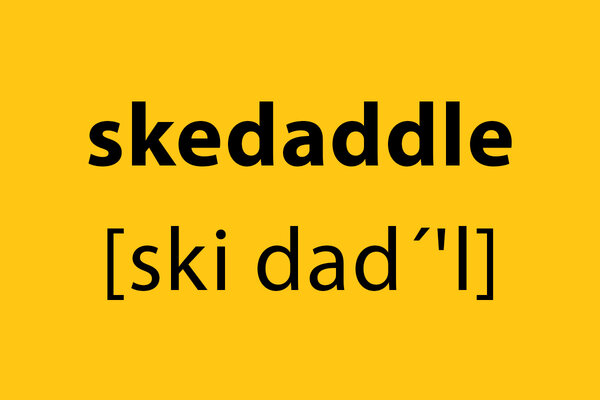 Union or Rebel soldier, they agreed on slangSome of the words and idioms that developed during the Civil War are still common in English, while others have gone AWOL.
Union or Rebel soldier, they agreed on slangSome of the words and idioms that developed during the Civil War are still common in English, while others have gone AWOL.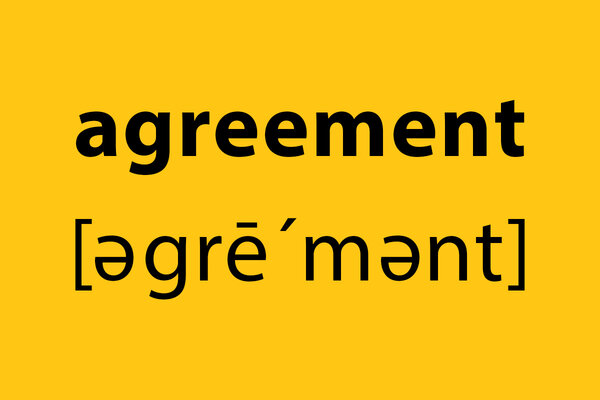 Choosing agreeable verbs for collective nounsNouns and verbs must “agree” in English. But the difference between “formal” and “notional” agreement is a contentious topic.
Choosing agreeable verbs for collective nounsNouns and verbs must “agree” in English. But the difference between “formal” and “notional” agreement is a contentious topic.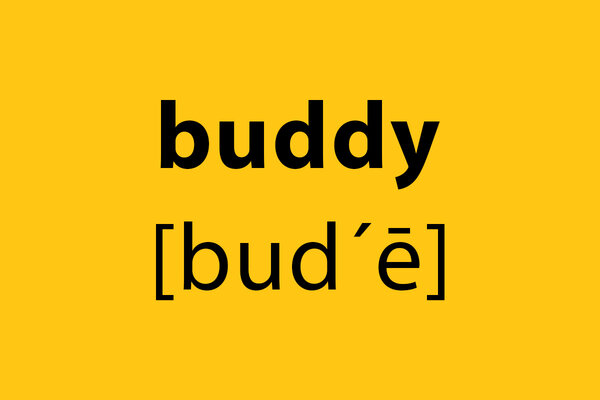 A bosom friend is someone to lean onIn recent decades, bosom buddy has seen a large increase in popularity. Boon companion, another term for “close friend,” did not fare as well.
A bosom friend is someone to lean onIn recent decades, bosom buddy has seen a large increase in popularity. Boon companion, another term for “close friend,” did not fare as well.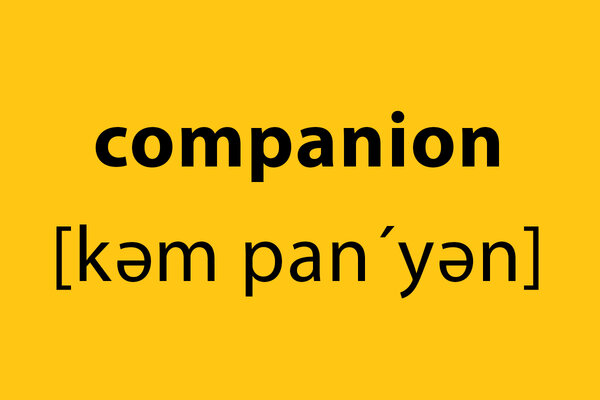 You can have many ‘friends,’ but ‘chums’ are rareToday you can “friend” people with the touch of a key on Facebook. But etymologically speaking, “friendship” is much more intense.
You can have many ‘friends,’ but ‘chums’ are rareToday you can “friend” people with the touch of a key on Facebook. But etymologically speaking, “friendship” is much more intense.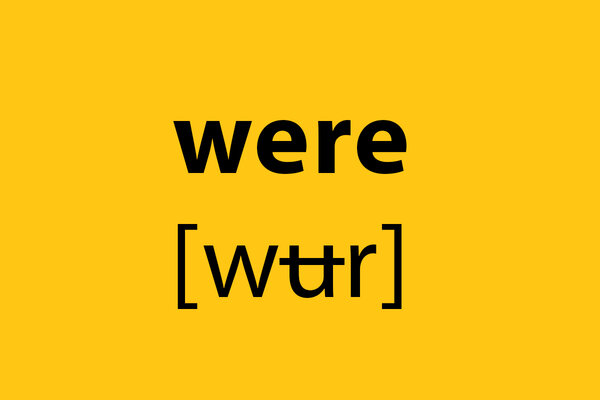 Slipping into a subjunctive moodThe subjunctive form is one of the trickiest parts of English to get right – and of course Beyoncé’s “If I Were a Boy” nails it perfectly.
Slipping into a subjunctive moodThe subjunctive form is one of the trickiest parts of English to get right – and of course Beyoncé’s “If I Were a Boy” nails it perfectly. Fictional characters gave their names to words tooBlurb, zany, and pants are all eponymous words with origins in the names of fictional characters – and there’s plenty more to be found.
Fictional characters gave their names to words tooBlurb, zany, and pants are all eponymous words with origins in the names of fictional characters – and there’s plenty more to be found.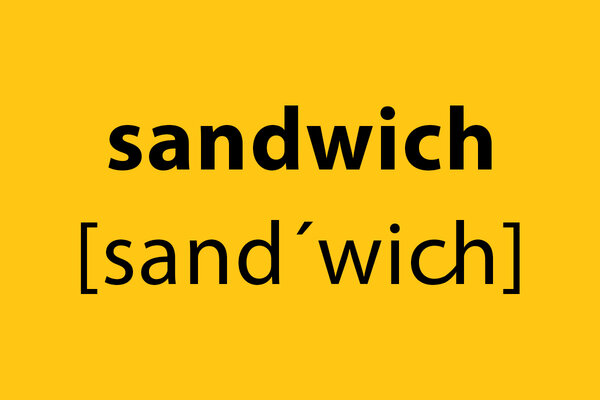 People who lent their names to wordsThe most famous example of an eponymous word is probably sandwich. But there are many others that go unnoticed in daily conversation.
People who lent their names to wordsThe most famous example of an eponymous word is probably sandwich. But there are many others that go unnoticed in daily conversation.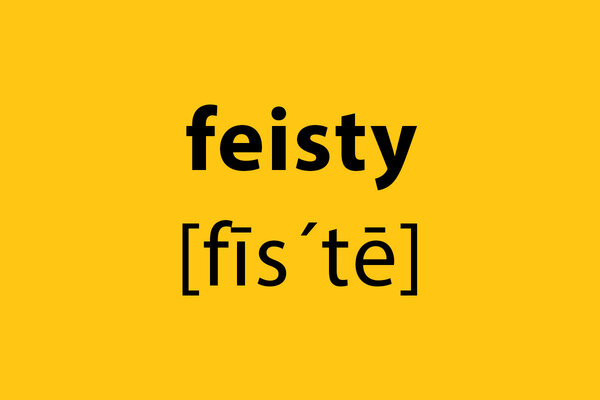 The subtle sexism behind words such as ‘feisty’At first glance, feisty seems like a compliment. But it’s an adjective that subtly undermines even while it ostensibly praises.
The subtle sexism behind words such as ‘feisty’At first glance, feisty seems like a compliment. But it’s an adjective that subtly undermines even while it ostensibly praises.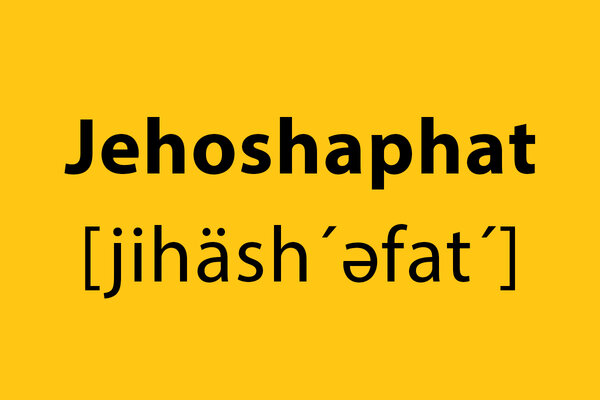 Who is Jehoshaphat and why is he jumping?Where does the expression “jumpin’ Jehoshaphat!” come from? It has its origins in the 19th century, but the details are somewhat fuzzy.
Who is Jehoshaphat and why is he jumping?Where does the expression “jumpin’ Jehoshaphat!” come from? It has its origins in the 19th century, but the details are somewhat fuzzy. The longest word in the English languageIt might seem like an easy task to name the longest English word – just look it up in the dictionary. But in practice, experts disagree.
The longest word in the English languageIt might seem like an easy task to name the longest English word – just look it up in the dictionary. But in practice, experts disagree. A slogan whose ambiguity serves a purposeThe fact that the slogan “Defund the police” needs explanation is a plus because it serves as a quick, catchy way into a larger, more complex story.
A slogan whose ambiguity serves a purposeThe fact that the slogan “Defund the police” needs explanation is a plus because it serves as a quick, catchy way into a larger, more complex story.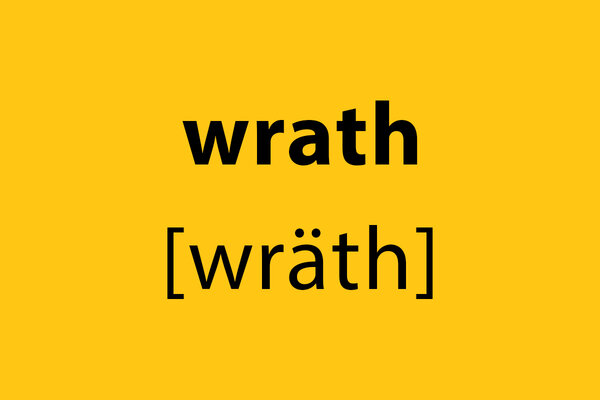 Consonants that went to wrack and ruinWrite, wrong, wrist, wrath – these are among the oldest words in English. But they’re very different than they were in Anglo-Saxon English.
Consonants that went to wrack and ruinWrite, wrong, wrist, wrath – these are among the oldest words in English. But they’re very different than they were in Anglo-Saxon English.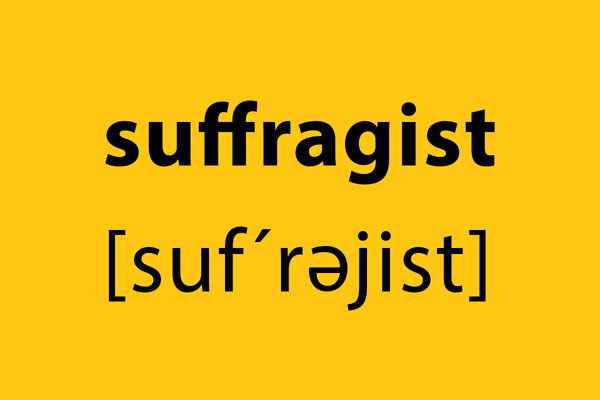 A vote for the word ‘suffragist,’ not ‘suffragette’Most women who campaigned for the right to vote preferred the gender-neutral term, “suffragist.” So why does the diminutive “suffragette” persist?
A vote for the word ‘suffragist,’ not ‘suffragette’Most women who campaigned for the right to vote preferred the gender-neutral term, “suffragist.” So why does the diminutive “suffragette” persist?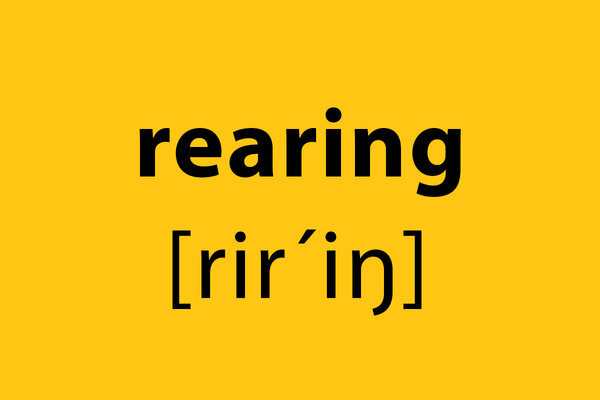 Are horses ‘rearing to go’ or ‘raring to go’?I’m raring to go. Or am I rearing to go instead? Which one is correct? This is a nerve-racking question, or perhaps a nerve-wracking one.
Are horses ‘rearing to go’ or ‘raring to go’?I’m raring to go. Or am I rearing to go instead? Which one is correct? This is a nerve-racking question, or perhaps a nerve-wracking one.



